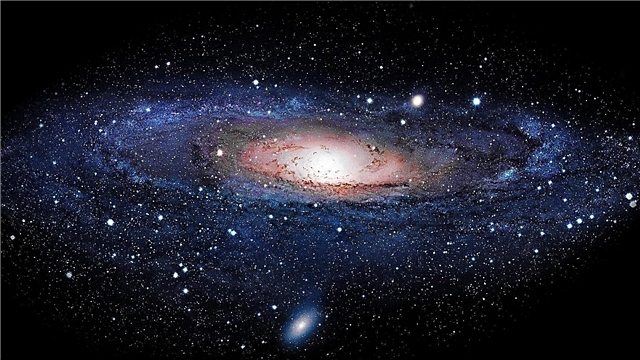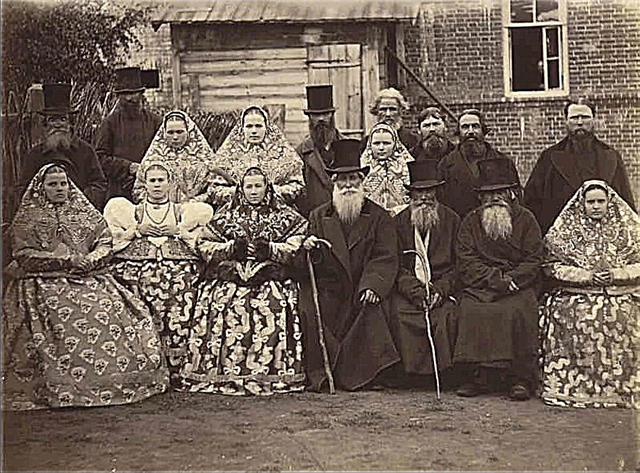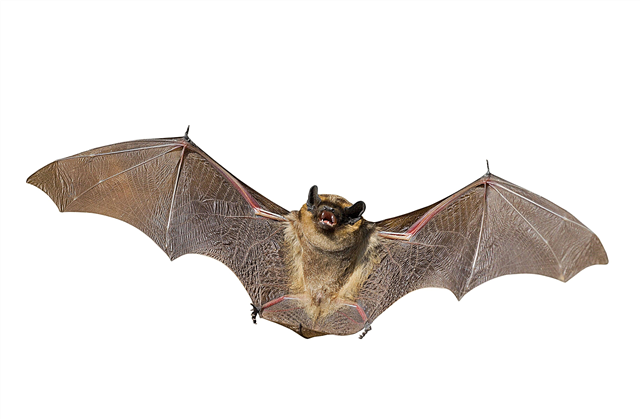
Saturdays, many people wait impatiently. Moreover, in some European countries this day has a completely different name. So why is the Sabbath called by this very word?
If you understand the details, answering it will not be difficult at all. This is a completely logical name that came from the Hebrew language along with the Christian religion.
Languages and origin of the word saturday

For the most part, the days of the week in Russian are called derivatives of the numerals. Monday and Tuesday are the first and second derivatives of the numerals, Wednesday is the middle of the work week, Thursday is the fourth day, and Friday is the fifth. Among the five main working days, everything is quite clear and logical, but Saturday is knocked out of this logical chain. In order to understand the essence of this deviation, it makes sense to turn to the Old Testament, which states that for six days God was busy creating the earth and all things, and on the seventh day he rested.
This seventh day was called “Shabbat,” which literally translates as “rest.” It is believed that this day was blessed precisely as a day off, it relies on him to go on a visit or to receive guests, to communicate with loved ones. But it turns out that he is the seventh in a row, and Saturday is the sixth in the framework of the modern week, Sunday is the seventh day.

It so happened historically that the Jewish rest day is Saturday, which is not supposed to do work. Within this culture, working on Saturday is only possible if there is a risk to life in case of failure.In Slavic culture, Sunday is historically considered the day of absolute relaxation. The difference mainly lies in the fact that among the Jews, the week does not begin on Monday, but on Sunday, which is a working day. Keeping an account from work Sunday “rishon”, they recognize Friday and Saturday as holidays. Therefore, Saturday is their seventh day of the week. In a similar way, days are considered within the framework of European and American traditions, but here Sunday remains, opening the week, and the previous Saturday.

Thus, the name of the first day of the weekend turned into a language, but its full-fledged function is not, due to the Russian tradition of counting days from Monday. In addition, the concept of the Orthodox and Catholic churches sets exactly Sunday as a day of rest, this is one of the typical differences between Christianity and the Jewish religion. Sunday in the past had a different name, which fully reflected the function of this day, this name appeared in the pre-Christian era. He was called the "week", that is, the day on which they do nothing. And “Monday” can be considered derived not even from the word “first”. This is “the first day after a week,” that is, after Sunday. The very same week in the modern sense of the word was called the seventh.
Interesting fact: it makes sense to consider the names of the days of the week in Slavic languages and compare them to draw logical conclusions. For this, the table above. Saturday has a similar name everywhere, while Sunday is different.
European languages and Saturday as Saturn's day

In Russia it is customary to say “Saturday”, in England - “setej”, in Slovenia - “Sobota”, in Georgia - “Shabbat”. Due to the cultural exchange, primarily associated with the spread of Christianity, the name of this day has spread very widely and is found in many languages in this form. Moreover, the word was consonant with the ancient Roman “Saturnalia” and “Saturn's Day” as it was called in the framework of another, no less ancient and influential culture.
The ancient Roman influence on the emerging European statehood was very great, and it also largely shaped people's worldviews, traditions and culture. Russia has not encountered such a powerful factor of external influence, but in Europe the Roman heritage is still felt. Even with the advent of Christianity, the days of the week did not change their name here, remaining dedicated to the ancient Roman gods. And even when the old name of Saturday was in tune with the new, the question of renaming the day did not arise at all. The Sabbath was dedicated to the god Saturn from the old Roman pantheon, which was originally considered the god of fertility and patronized the farmers, but then became the god of the time, similar to the Greek Kronos.
Becoming an inexorable and gloomy god, who led the day, which was considered unsuccessful for business endeavors. It was believed that inaction and rest, as well as spiritual practices, were the only things that would not be damned on this day of the week, and people rested. Subsequently, this tradition was adopted by the tribes that formed the new European statehood after Roman civilization came to an end. It is so rooted that it has survived to this day.
Thus, the word Saturday as a designation for the day of the week came to Russia together with Christianity from the Hebrew language, where the word "Shabbat" meant "not to work." This is a religious day of rest, the name of which has taken root in the Russian language, but the true meaning is not, since Sunday was already considered a day of rest. Today, many people rest on Saturday and Sunday, while others on Saturday have a shortened day. In any case, a similar structure of the week took root, being the optimal ratio of the periods of work and rest, the name of the days being of secondary importance. In Europe, this day is still named after the ancient Roman god Saturn, as was adopted millennia ago, during the time of the Roman Empire.












